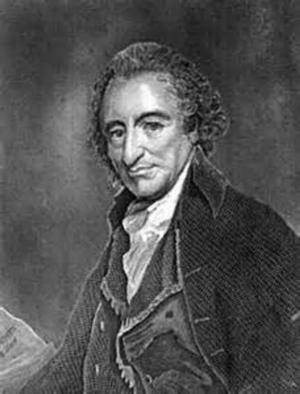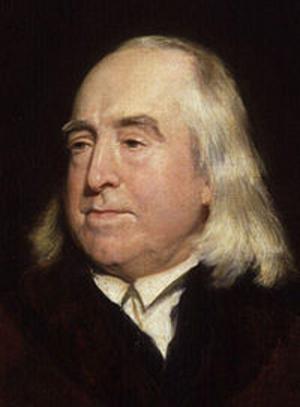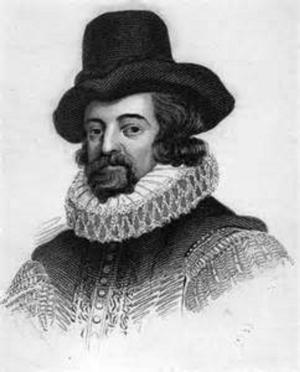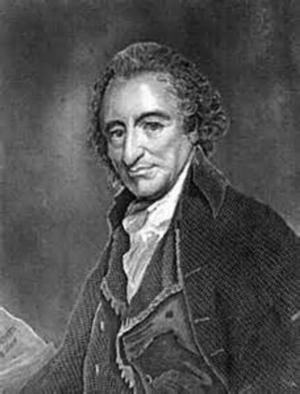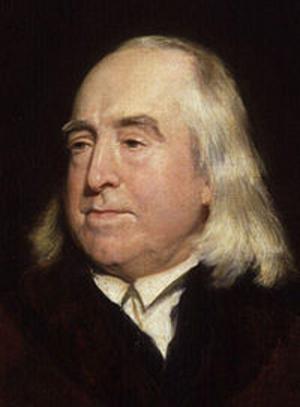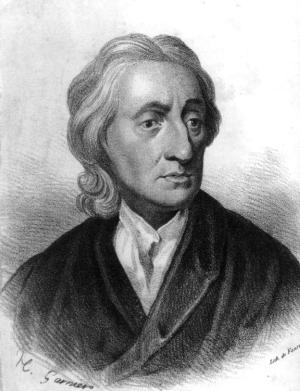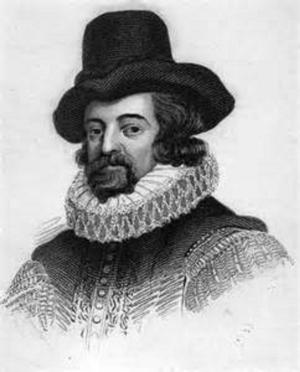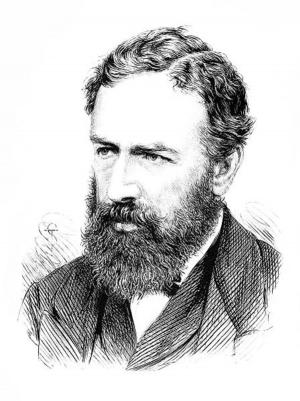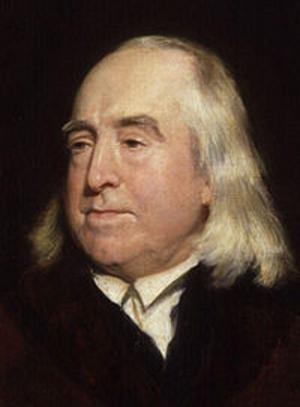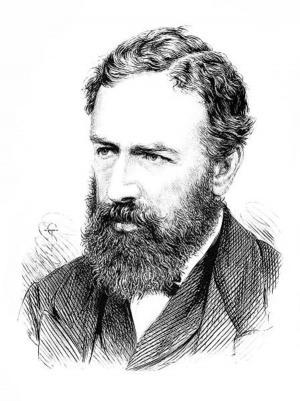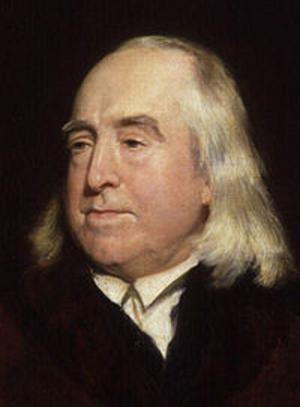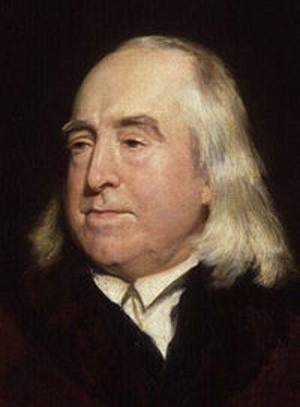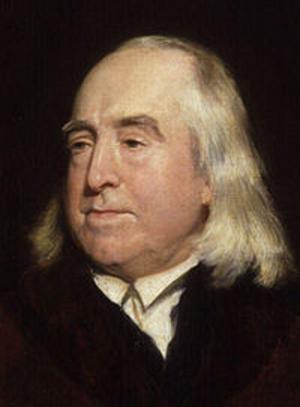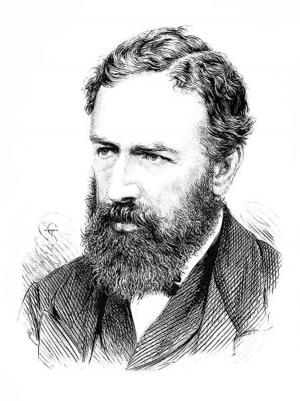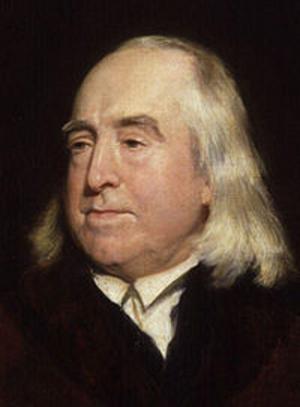Francis Bacon Classic Collection on Scientific Method (Illustrated)
Business & Finance, Economics, Macroeconomics, Theory of Economics| Author: | Francis Bacon, Timeless Books: Editor | ISBN: | 1230000678971 |
| Publisher: | www.WealthOfNation.com | Publication: | September 22, 2015 |
| Imprint: | Language: | English |
| Author: | Francis Bacon, Timeless Books: Editor |
| ISBN: | 1230000678971 |
| Publisher: | www.WealthOfNation.com |
| Publication: | September 22, 2015 |
| Imprint: | |
| Language: | English |
The book has an active table of contents for easy access to each volume and section of the following titles:
1. ADVANCEMENT OF LEARNING – FRANCIS BACON
2. THE NOVUM ORGANUM, OR TRUE DIRECTIONS CONCERNING THE INTERPRETATION OF NATURE – FRANCIS BACON
3. SYLVA SYLVARUM OR A NATURAL HISTORY IN TEN CENTURIES – FRANCIS BACON
4. VALERIUS TERMINUS: OF THE INTERPRETATION OF NATURE – FRANCIS BACON
5. THE WISDOM OF THE ANCIENTS – FRANCIS BACON
Francis Bacon is in the row with the greatest thinkers as Isaac Newton, John Locke, Immanuel Kant, Thomas Hobbes, and Jean Rousseau.
Francis Bacon published The Advancement of Learning in 1605. His The Advancement of Learning is regarded as the greatest work about the taxonomic structure in English. It also had a strong impact on the highly influential Encyclopédie by Jean le Rond d'Alembert and Denis Diderot. He declared the importance of math in the book as saying: “So that as Tennis is a game of no use in itself, but of great use in respect it maketh a quick eye, and a body ready to put itself in all positions, so, in the Mathematics the use which is collateral, an intervenient, is no less worthy, than that which is principle and intended.”
Francis Bacon’s THE NOVUM ORGANUM, OR TRUE DIRECTIONS CONCERNING THE INTERPRETATION OF NATURE were published in 1620. Aristotle proposed his treatise on logic and syllogism in his work Organon. In Novum Organum, Bacon declared a new system of logic to improve the old ways of syllogism. It is now known as the Baconian method, finding the essence of a thing is a simple process of reduction, and the use of inductive reasoning.
Francis Bacon’s SYLVA SYLVARUM OR A NATURAL HISTORY IN TEN CENTURIES was published in 1626. It is regarded as one of the most important writings by Bacon and is seen as an effort by Bacon to build the new science. It contains 1000 experiments grouped in 10 groups of 10 centuries. There are solitary experiments and experiments in consort. The experiments that were originally came from Della Porta, Aristotle, Pliny, Cardano, and Sandys were substantially rewritten by Bacon. Moreover, Bacon integrated the experiments into a larger scale program and system in the book.
Francis Bacon’s VALERIUS TERMINUS: OF THE INTERPRETATION OF NATURE was published in 1603. It is regarded as one of the most important writings by Bacon and is seen as an effort by Bacon to build the new science in conjunction with his another great work SYLVA SYLVARUM OR A NATURAL HISTORY IN TEN CENTURIES.
Francis Bacon’s The Wisdom of the Ancients was completed in 1609. In this work, Bacon was to explain how ancient wisdom was contained within the fables. Two of the chapters in the book, "Cupid; or the Atom", and "Proteus; or Matter" are seen as the part of Bacon's scientific philosophy. Bacon declared in "Cupid" his vision of the nature of the atom and of matter itself. Love is described as the force or the instinct of primal matter, "the natural motion of the atom", "the summary law of nature, that impulse of desire impressed by God upon the primary particles of matter which makes them come together, and which by repetition and multiplication produces all the variety of nature", "a thing which mortal thought may glance at, but can hardly take in".
Although the five titles in the classic collection were written some hundred years ago, Francis Bacon's analysis and methodology to understand and explain the world in real life today is still powerful, penetrating and insightful. The classic writings in the collection by Bacon is often regarded as the most important effort by Bacon who attempted to provide a view of new science.
This book is one of the most important ones about the thoughts of philosophic methodology to understand nature by Francis Bacon, one of the greatest thinkers of modern philosophy and scientists on the planet.
The book has an active table of contents for easy access to each volume and section of the following titles:
1. ADVANCEMENT OF LEARNING – FRANCIS BACON
2. THE NOVUM ORGANUM, OR TRUE DIRECTIONS CONCERNING THE INTERPRETATION OF NATURE – FRANCIS BACON
3. SYLVA SYLVARUM OR A NATURAL HISTORY IN TEN CENTURIES – FRANCIS BACON
4. VALERIUS TERMINUS: OF THE INTERPRETATION OF NATURE – FRANCIS BACON
5. THE WISDOM OF THE ANCIENTS – FRANCIS BACON
Francis Bacon is in the row with the greatest thinkers as Isaac Newton, John Locke, Immanuel Kant, Thomas Hobbes, and Jean Rousseau.
Francis Bacon published The Advancement of Learning in 1605. His The Advancement of Learning is regarded as the greatest work about the taxonomic structure in English. It also had a strong impact on the highly influential Encyclopédie by Jean le Rond d'Alembert and Denis Diderot. He declared the importance of math in the book as saying: “So that as Tennis is a game of no use in itself, but of great use in respect it maketh a quick eye, and a body ready to put itself in all positions, so, in the Mathematics the use which is collateral, an intervenient, is no less worthy, than that which is principle and intended.”
Francis Bacon’s THE NOVUM ORGANUM, OR TRUE DIRECTIONS CONCERNING THE INTERPRETATION OF NATURE were published in 1620. Aristotle proposed his treatise on logic and syllogism in his work Organon. In Novum Organum, Bacon declared a new system of logic to improve the old ways of syllogism. It is now known as the Baconian method, finding the essence of a thing is a simple process of reduction, and the use of inductive reasoning.
Francis Bacon’s SYLVA SYLVARUM OR A NATURAL HISTORY IN TEN CENTURIES was published in 1626. It is regarded as one of the most important writings by Bacon and is seen as an effort by Bacon to build the new science. It contains 1000 experiments grouped in 10 groups of 10 centuries. There are solitary experiments and experiments in consort. The experiments that were originally came from Della Porta, Aristotle, Pliny, Cardano, and Sandys were substantially rewritten by Bacon. Moreover, Bacon integrated the experiments into a larger scale program and system in the book.
Francis Bacon’s VALERIUS TERMINUS: OF THE INTERPRETATION OF NATURE was published in 1603. It is regarded as one of the most important writings by Bacon and is seen as an effort by Bacon to build the new science in conjunction with his another great work SYLVA SYLVARUM OR A NATURAL HISTORY IN TEN CENTURIES.
Francis Bacon’s The Wisdom of the Ancients was completed in 1609. In this work, Bacon was to explain how ancient wisdom was contained within the fables. Two of the chapters in the book, "Cupid; or the Atom", and "Proteus; or Matter" are seen as the part of Bacon's scientific philosophy. Bacon declared in "Cupid" his vision of the nature of the atom and of matter itself. Love is described as the force or the instinct of primal matter, "the natural motion of the atom", "the summary law of nature, that impulse of desire impressed by God upon the primary particles of matter which makes them come together, and which by repetition and multiplication produces all the variety of nature", "a thing which mortal thought may glance at, but can hardly take in".
Although the five titles in the classic collection were written some hundred years ago, Francis Bacon's analysis and methodology to understand and explain the world in real life today is still powerful, penetrating and insightful. The classic writings in the collection by Bacon is often regarded as the most important effort by Bacon who attempted to provide a view of new science.
This book is one of the most important ones about the thoughts of philosophic methodology to understand nature by Francis Bacon, one of the greatest thinkers of modern philosophy and scientists on the planet.

